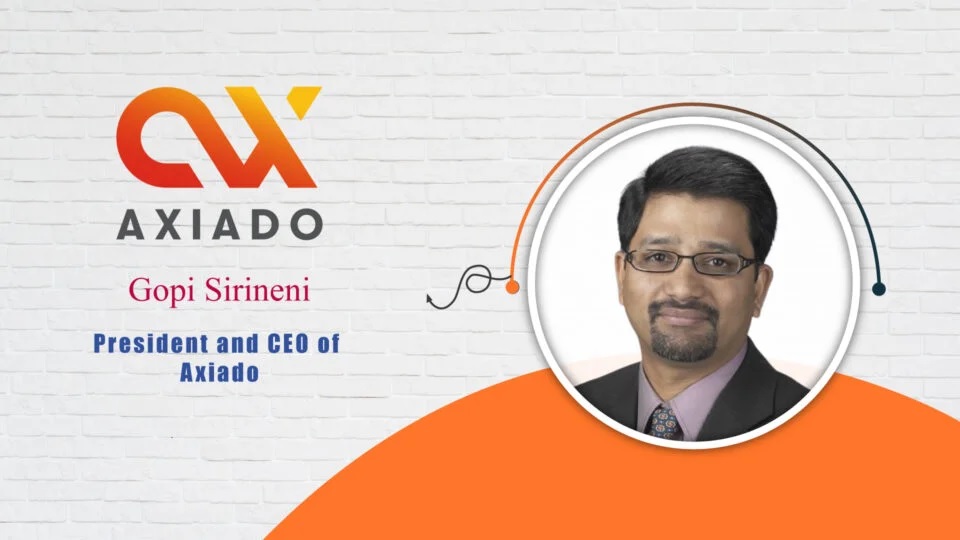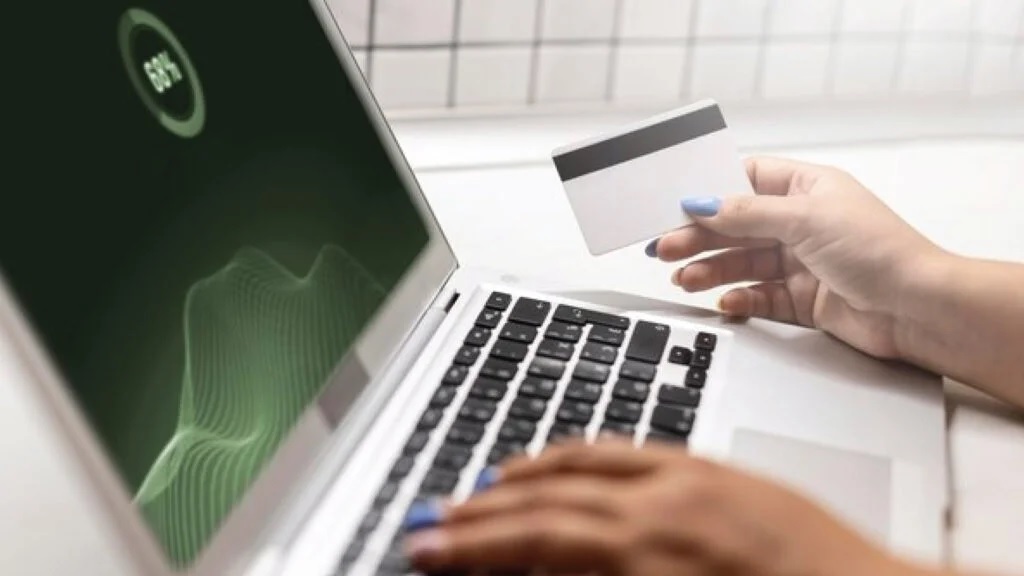As President and CEO at Axiado, please share your background in AI-enabled hardware security.
As the President and CEO of Axiado, my journey in AI-enabled hardware security has been both challenging and exhilarating. Over the past four years, I’ve leveraged my extensive experience from IDT, Marvell and Qualcomm to drive innovation in this field. My background in the wired and wireless networking industry has been crucial in understanding and advancing these technologies.
I’m often referred to as a ‘thrill-seeking CEO,’ a title that reflects my love for extreme sports like skydiving and bungee jumping, as well as other active sports like basketball and cricket. These activities are more than hobbies for me; they symbolize my approach to business—taking calculated risks, embracing challenges, pushing my limits and constantly striving for excellence.
One of the most exciting technology developments I’ve witnessed in my career is the advent of generative AI. I believe it’s the most significant innovation since the smartphone, with the potential to revolutionize various sectors.
What inspired you to lead Axiado in addressing security challenges in cloud data centres and 5G networks?
In this rapidly evolving threat landscape, Axiado saw an opportunity to provide a new approach to cybersecurity and embarked on a mission to conceive a solution that would fortify existing security frameworks. This solution is designed to be reliable, self-learning, self-defending, AI-driven, and fundamentally anchored within hardware. This ambitious vision ultimately gave birth to the concept of trusted compute/control units (TCUs), a meticulously crafted solution designed from inception to deliver comprehensive security for data center control and management ports.
Can you provide an overview of AI-enabled hardware security against ransomware, supply chain, side-channel attacks, and other threats in cloud data centres and 5G networks?
According to IBM Security’s most recent annual Cost of a Data Breach Report, the average cost of a data breach reached a record high of $4.45 million in 2023. The report concluded that AI technology had the greatest impact on accelerating the speed of breach identification and containment. In fact, organizations that fully deployed AI cybersecurity approaches typically experienced 108-day shorter data breach lifecycles and significantly lower incident costs (on average, nearly $1.8 million lower) compared to organizations without AI these technologies.
The ability of a hardware-anchored, AI-driven security platform to continuously monitor and perform run-time attestation of cloud containers, platform operating systems, and firmware creates efficiencies that help reduce time spent investigating potential threats. A hardware solution that integrates AI into a chip can analyze behaviors and CPU usage. This enables it to immediately investigate anomalies in user activity. With this approach, networks can no longer be infiltrated because of software vulnerabilities or porous firmware. AI technology enables heterogeneous platforms that include root-of-trust (RoT) and baseboard management controllers (BMCs) to offer hierarchy and security manageability. By deterring cybercrime at the hardware level, the industry can finally address the long-standing shortfalls of online security.
To Know More, Read Full Interview @ https://ai-techpark.com/ai-tech-interview-with-gopi-sirineni/
Read Related Articles:
Deep Learning in Big Data Analytics
News - EPAM expands its reach in Latin America with acquisition of Vates



